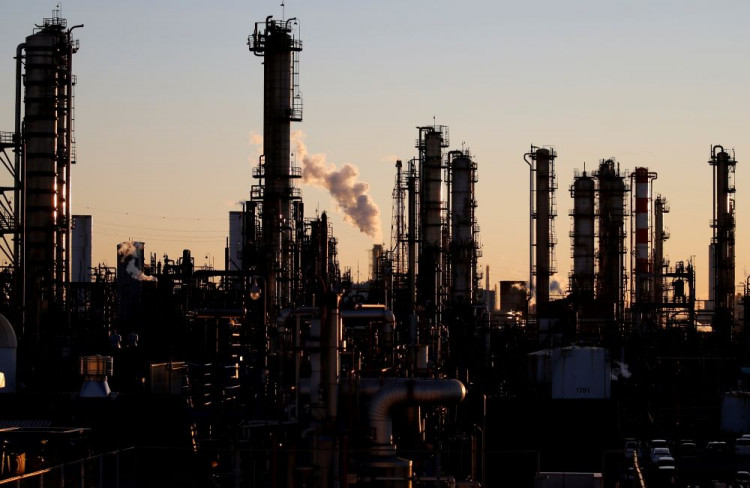Industrial production in Japan decreased 2.6% year over year in February - worse than economists' expectations for a 1.2% to 1.8% fall, the Ministry of Economy, Trade and Industry reported Wednesday. The showing was attributed to COVID-19 restrictions and a 7.3 magnitude earthquake recorded in February.
The largest contributors to the decline were motor vehicles which fell 8.8% on year, electrical machinery and information and communication electronic equipment which fell 2.9% and chemicals which were off 2.7%
"The fall in industrial production in February came off the back of a strong January and shouldn't prevent manufacturing output rising across the first quarter," according to Capital Economics. Companies production forecasts for April point to a rise in output at the start of the second quarter, it said.
The fall in motor-vehicle production was "evidence that the global chip shortage had started to hamper car production in Japan, Capital Economics Japan economist Tom Learmouth said.
"The semiconductor shortage and natural disasters pushed down output by quite a lot," Sumitomo Mitsui Trust Bank market strategist Ayako Sera said. "It will be hard for production to rebound," Sera said. "If there is a recovery in production, the pace will likely be very gradual."
Factory output had rebounded in January largely thanks to an increase in the production of electronic parts and general-purpose machinery, as demand for tech-making equipment remains strong.
Some analysts, however, worry that Japan's economic recovery will be dragged down by weak spending at home and a slower-than-anticipated demand recovery abroad as economies slowly reopen, even in countries that have rolled out COVID-19 vaccines.
There is not much the government can do if manufacturers' production remains hobbled by parts shortages, Sera said.
"If there would be temporary layoffs due to factory closures, the government could provide subsidies for that as part of economic policies," she said. "But I don't think policies will help with boosting production," she added.
On a month-over-month basis, production fell 2.1% compared with a forecast for a 0.9% decline.






